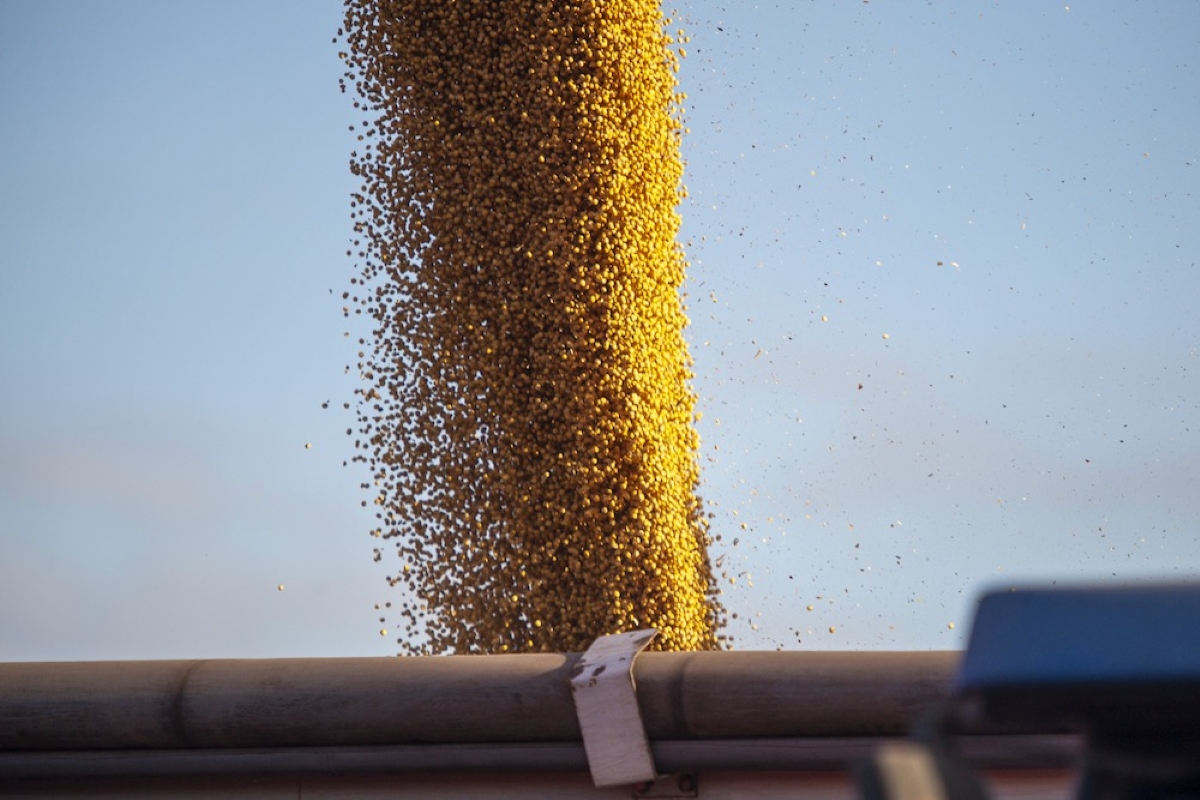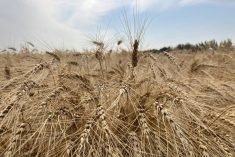Reuters — Global agricultural commodities trader Bunge said continued conflict in Ukraine and stinging sanctions on Russia could have an “adverse effect” on its operations in the breadbasket region.
Bunge and rival agribusinesses ADM and Cargill suspended operations in Ukraine last week after Russia invaded its neighbour. But none have stopped their business in Russia so far.
The conflict is threatening to further tighten global grain and edible oils supplies, likely exacerbating soaring food inflation. Russia and Ukraine supply nearly 30 per cent of the world’s wheat exports, about 19 per cent of corn exports and around 80 per cent of sunflower oil.
Read Also

Brazil to reap record soy crop in 2025/2026, increase exports
Brazil’s Conab said the country will reap a record soybean crop of 177.6 million tons in the 2025/2026 harvest year, according to data released on Thursday.
“The continuation of the conflict may trigger a series of additional economic and other sanctions … Any such sanctions may also result in an adverse effect on our Russian operations,” Bunge said in a filing with the U.S. Securities and Exchange Commission.
The West has moved to punish Russia by closing airspace to Russian aircraft, shutting out some Russian banks from the SWIFT global financial network and restricting Moscow’s ability to use its foreign reserves. A growing list of companies were looking to exit Russia on Monday.
Bunge has been scaling back its Russian grain trading activities in recent years, including the sale of its Rostov grain export terminal last year that has left it with just US$121 million in assets in Russia, according to the filing.
ADM did not have an immediate comment on its Russian operations. The company has an arm of its WILD flavourings business in Russia and owns a 50 per cent stake in Aston Foods and Food Ingredients, a sweeteners and starches business.
Cargill maintains a far larger presence in Russia, with about 2,500 employees and investments of more than US$1.1 billion in grain and oilseed processing, animal feed, poultry processing and other businesses, according to the Cargill website.
Cargill declined to comment.
Commodities firm Glencore, which owns a joint stake in grain handler Viterra, issued a statement Tuesday saying it has “no operational footprint in Russia” and its trading exposure is “not material.”
However, Glencore also said it’s “reviewing all our business activities” in Russia, which include stakes in aluminum producer En+ and energy firm Rosneft, and that it “condemns the actions taken by the Russian government against the people of Ukraine.”
Viterra, which until 2020 operated under the name Glencore Agriculture, has six marketing offices plus port terminals at Taman and Rostov-on-Don in Russia. It also has six marketing offices, a sunflower crush plant and port terminals at Chornomorsk and Mykolaiv in Ukraine.
— Reporting for Reuters by Karl Plume in Chicago. Includes files from Glacier FarmMedia Network staff.














